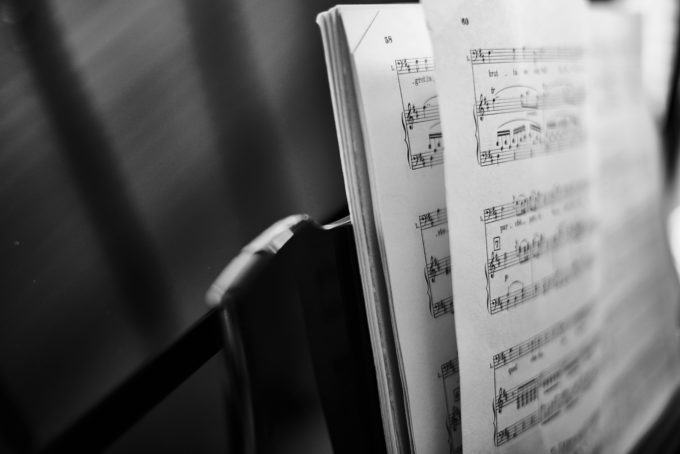Orrin G. Hatch–Bob Goodlatte Music Modernization Act (“Music Modernization Act”), Pub. L. No. 115-264 (2018), public law hosted by congress.gov.
On October 11th, 2018, President Trump signed into law the Music Modernization Act, sponsored by Senator Orrin G. Hatch (R-UT) and Representative Bob Goodlatte (R-VA). The Act comprises three titles, each of which updates a distinct aspect of the protection, licensing, and use of musical works and sound recordings, with an emphasis on their use in digital streaming services.
Title I, the “Musical Works Modernization Act,” establishes a nonprofit “mechanical licensing collective” from which streaming services may obtain a blanket license to stream copyrighted musical works. Among other duties, the mechanical licensing collective will offer licenses, distribute royalties from streaming services, maintain a database of information about the copyright holders of musical works, and participate in royalty-setting proceedings,. The collective’s board of directors will include songwriters, music publishers, and representatives of relevant trade associations.
Title II, the “Classics Protection and Access Act,” deals with sound recordings made (per the law’s requirements, “fixed in [a] tangible medium of expression”) before February 15, 1972. Federal copyright law protects sound recordings fixed on or after February 15, 1972, while state law applies to recordings fixed before this date; federal law will preempt any state protections on February 15, 2067. In recent years, the uncertain scope of state law protections for sound recordings has motivated high-value litigation. The Classics Protection and Access Act addresses some of this uncertainty by making the remedies in the federal copyright statute available to rightsholders of pre-1972 sound recordings. It clarifies the availability of statutory licenses for these recordings in certain streaming contexts and establishes exceptions for good-faith, noncommercial uses of pre-1972 sound recordings that are not currently being commercially exploited.
Title III, the “Allocation for Music Producers Act,” gives statutory recognition to the role music producers and engineers play in the creation of sound recordings. It allows for the distribution of royalties collected under section 114(f) of the current copyright statute to “producer[s], mixer[s], or sound engineer[s] who [were] part of the creative process that created a sound recording[.]”
An earlier iteration of Title II of the Act, the CLASSICS Act, afforded long copyright terms to pre-1972 sound recordings and provoked an outcry from advocacy groups. However, a broad range of stakeholders support the Act as revised and enacted. Representatives of performance rights organizations, the recording industry, and streaming services praised the legislation, and civil society organizations like Public Knowledge and the Electronic Frontier Foundation reacted to the legislation with cautious optimism.
